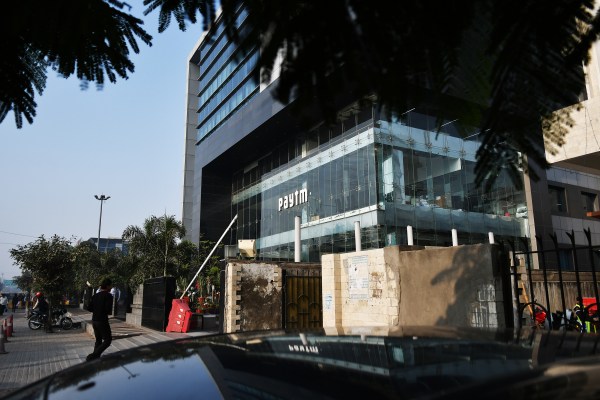ARTICLE AD

Paytm said Thursday that it will cease working with its associate Paytm Payments Bank and accelerate plans to partner with other banks, after India’s central bank barred Paytm Payments Bank from conducting nearly all of its business activities due to supervisory concerns.
The Noida-based financial services firm said it expects its loan distribution, insurance distribution and equity broking operations to be unaffected by the RBI’s directive, as those businesses have no relation to Paytm Payments Bank. The payment bank houses all 330 million wallet accounts of Paytm, according to analysts at Macquarie.
The Reserve Bank of India issued stringent new restrictions on Wednesday on Paytm Payments Bank, which processes transactions for Paytm, effectively ending the bank’s operations by barring it from providing many banking services including accepting fresh deposits and enabling credit transactions. It also asked Paytm and Paytm Payments Bank to terminate their nodal accounts. Paytm said it will move its nodal to other banks.
“The Paytm Payment Gateway business (online merchants) will continue to offer payment solutions to its existing merchants. OCL’s [Paytm’s] offline merchant payment network offerings like Paytm QR, Paytm Soundbox, Paytm Card Machine, will continue as usual, where it can onboard new offline merchants as well,” Paytm said in a stock exchange filing.
Paytm said it expects $36-60 million to be wiped from its annual EBITDA going forward in a “worst case scenario.” It said the next phase is to continue expanding payments and financial services, “only in partnerships with other banks.”
One97 Communications, the parent firm of Paytm, owns a 49% stake in Payment Payments Bank. A payments bank license allows the holder to offer a number of banking services, though some restrictions are in place. The RBI gave final approval of payments bank to Paytm in early 2017.
Wednesday’s clampdown follows the RBI ordering Paytm Payments Bank to stop taking on new customers in 2022, a curb it still maintains. The RBI said an audit found “persistent” non-compliance and “continued material supervisory concerns”, warranting further action.
“We have seen RBI take ~15 months time to revoke its ban on digital business activities of the largest private sector bank. However, in this case since the first ban (in March 2022) for onboarding new customers (~22 months have lapsed), RBI has conducted a comprehensive IT audit and continued to identify non-compliance, which in our view indicates that these lapses are quite material. Accordingly, we do not see any near term solution to these problems and this effectively means, in our view, that RBI is indirectly revoking the PPI (pre-paid instrument) licence of Paytm,” Macquarie analysts wrote in a note.

 9 months ago
28
9 months ago
28 

